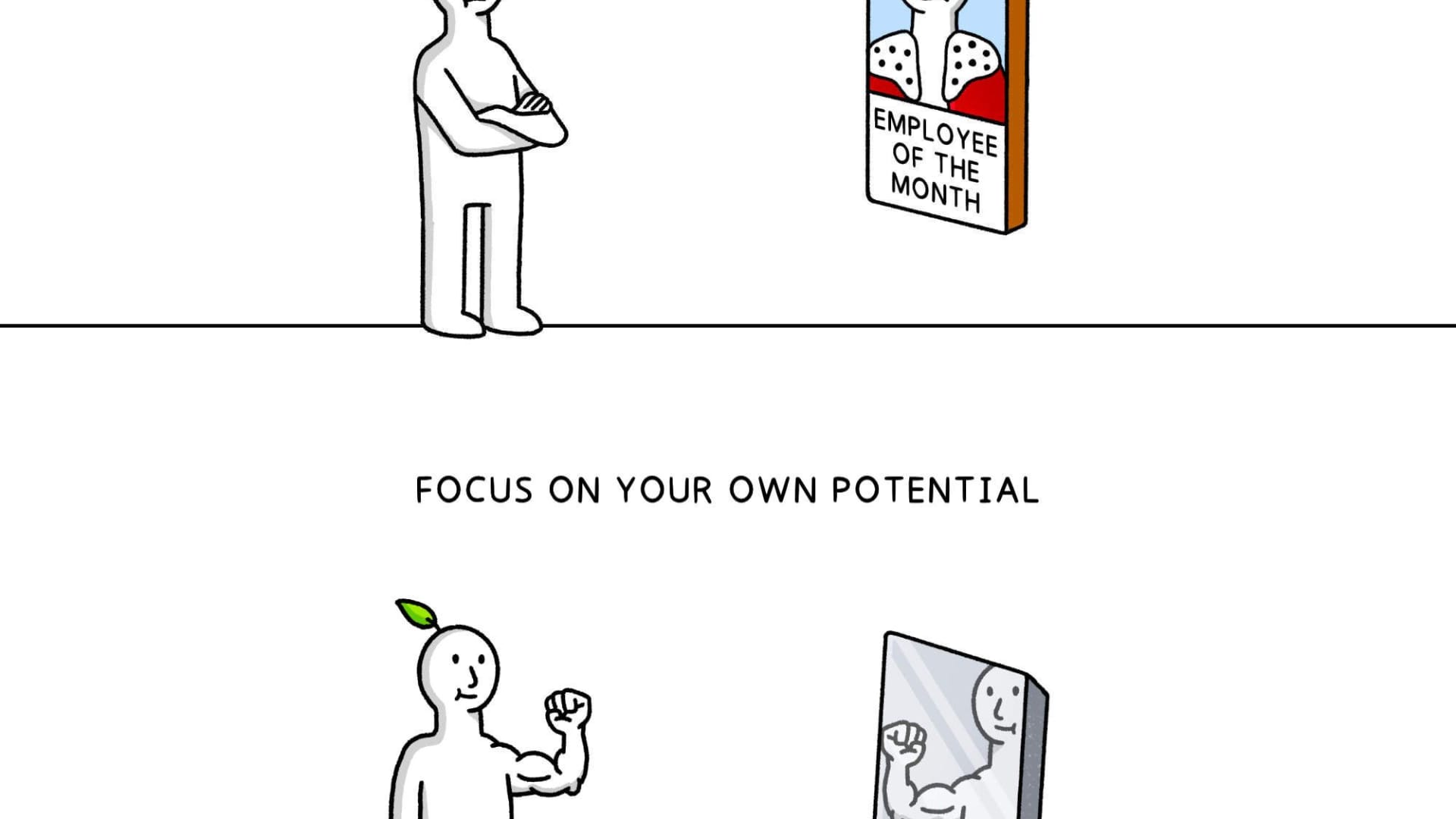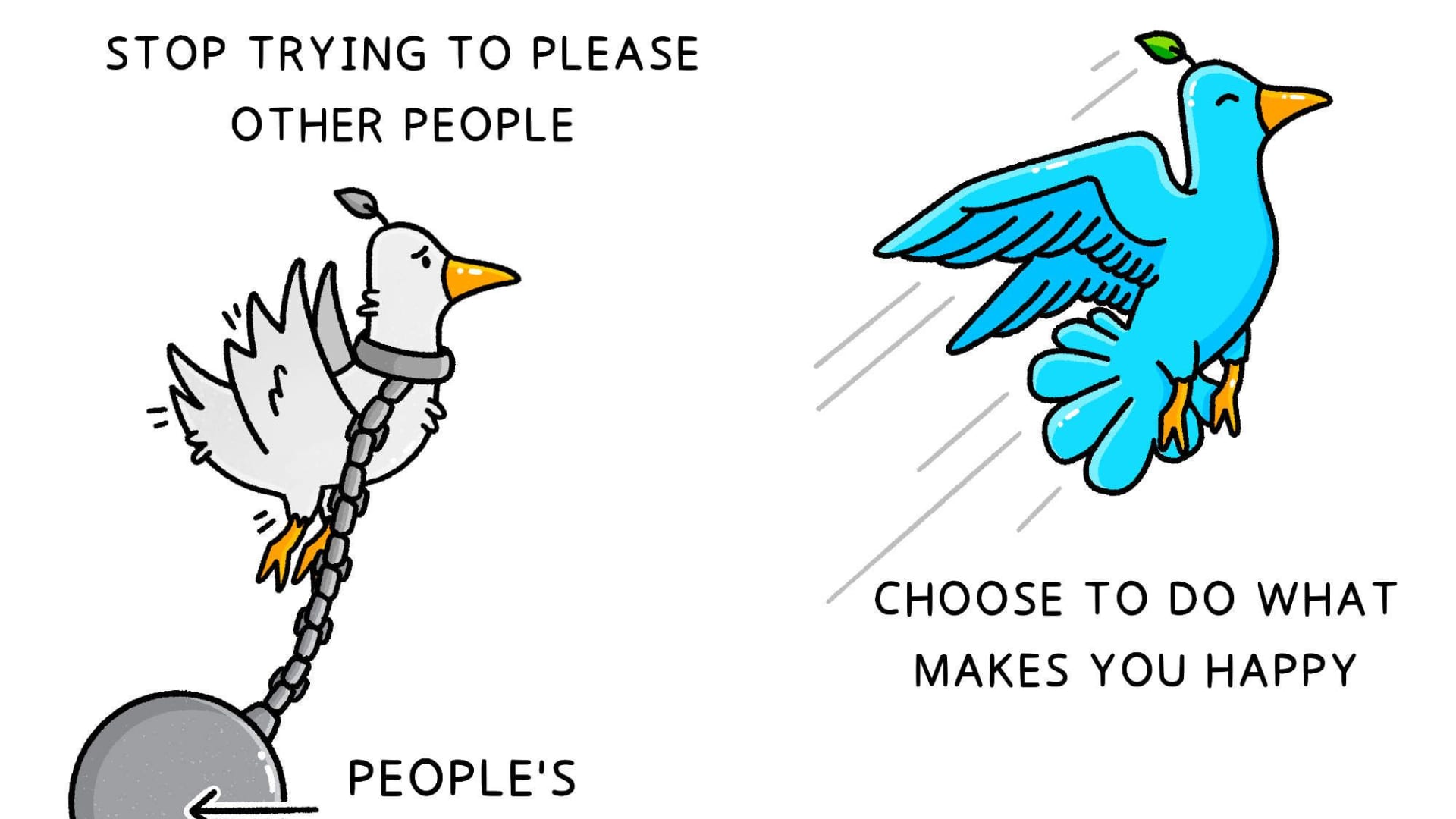
In 2016, at 35 years old, I retired early with a net worth of $900,000. It wasn't until 2021 that I achieved my goal of becoming a self-made millionaire, with a net worth of $1.4 million.
Now, at 41, I live a happy, simple and frugal life with my wife in Arizona. From the outside, it might look like I made all the right decisions. But there were some life and money lessons I had to learn the hard way.
If I could start all over again, there are several things I'd have done differently — and sooner. My best advice? Do these five things now or regret it later in life:
1. Say "yes" more than you say "no."
Get DFW local news, weather forecasts and entertainment stories to your inbox. Sign up for NBC DFW newsletters.

In my early 20s, I was so afraid of failure that instead of addressing what scared me, I hid behind my potential.
What I didn't realize until later was that my constant avoidance of risk was a lot more harmful than any kind of rejection I thought I was protecting myself from.
Money Report
When my employer offered to promote me to a director-level role, I wanted to say "no"; I didn't feel confident and ready. But I decided to take the chance anyway.
That decision set me up for a higher salary trajectory for the rest of my career. But if I had I said yes to more promotions and opportunities sooner, I'd have been able to save up enough to retire even earlier.
2. Stop trying to keep up with your competition.

I had a habit of comparing myself with coworkers and people in the industry. This led to a lot of jealousy: "Ugh, that person landed a promotion and raise! Not fair." "Wow, she got 'Employee of the Month' twice? I must be doing something wrong."
It was a very unproductive way of thinking.
Eventually, I realized I needed to go at my own pace. I may not have been the smartest person in the office, but I was dedicated and I worked hard. I came in early every morning and got to know my managers.
Once I stopped caring about what everyone else was doing, I had more time to focus on what I was good at. I started to feel more capable and confident.
3. Make decisions for yourself and stop trying to please everyone.

I used to go through life assuming that people were watching my every move. As a result, I made decisions that I thought they — friends, family, colleagues, bosses and even strangers — would approve of.
But that got exhausting. So one day, I asked myself: "Who exactly do I think is secretly judging me throughout the day?" I couldn't think of a single person.
When you stop worrying about how other people perceive you, you gain more clarity about what you want — and choose to do what makes you happy.
4. Slash spending and try to save more than 50% of your income.

The general rule is to save 20% of your income, but if you can save 50% or more, that's even better. My wife was always a saver, while I loved to spend.
But she got me into the habit of being frugal. We maxed out our 401(k) contributions in the years leading up to our retirement. We stopped buying things we didn't actually need, eliminated monthly subscriptions and streamlined our grocery budget.
At one point, we were saving 70% of our combined income. We funneled all of the extra savings into a Roth IRA, brokerage account and savings account.
Perhaps the most drastic change was limiting our restaurant budget to $50 a month — a difficult task for me because I was so used to eating out every day.
5. Be more self-aware and practice EQ.

For a long time, I thought that your intelligence quotient (IQ) determined your future success. I tried to impress people with my knowledge about random things.
But deep into my career, I learned that IQ is only a small part of the success equation. It's much more important to have emotional intelligence (EQ), or a heightened awareness of other people's emotions, as well as your own.
People with strong EQ are able to quickly grasp new concepts, react calmly and rationally to complex situations, and can work with many different types of personalities.
Practicing EQ helped me communicate effectively and build a rapport with my bosses and colleagues. That was what ultimately got me far in life.
Steve Adcock is a personal finance expert who blogs about how to achieve financial independence. A former software developer, Steve retired early at the age of 35. Follow him on Twitter @SteveOnSpeed.
Ash Lamb is an illustrator and designer based in Barcelona, Spain. He spends his time deconstructing and illustrating ideas for creative entrepreneurs, and teaching people how to create impactful visuals at visualgrowth.com. Follow him on Twitter and Instagram.
Don't miss:
- ‘Company loyalty will make you poor’: Early retiree credits his $1 million net worth to these 7 ‘unpopular opinions’
- Early retiree shares 13 'stupid simple' money rules that helped him save $1 million: 'I wasn't born rich'
- Millionaire saved 70% of his income and retired at 35: 'We should all live by these 6 basic rules'
Sign up now: Get smarter about your money and career with our weekly newsletter






